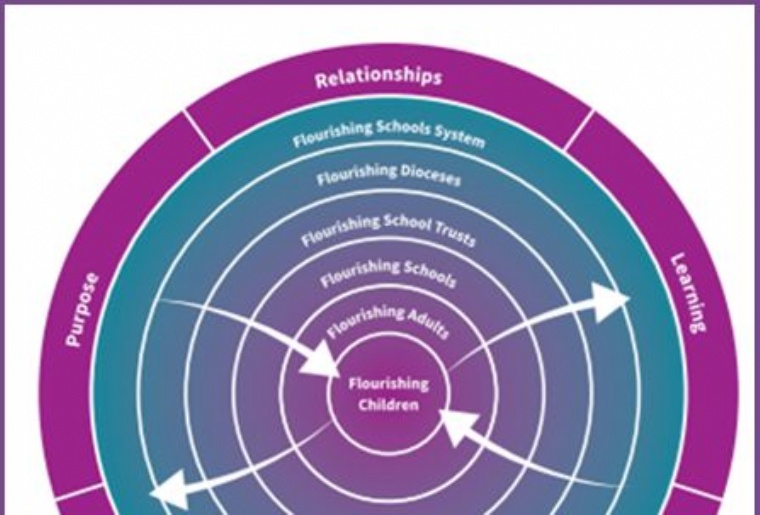Bulletin - 03-07-23

‘For I know the plans I have for you…plans to prosper you and not to harm you, plans to give you a hope and a future.’ (Jeremiah 29:11)
Dear Colleagues and Friends,
I am writing this bulletin late on Friday afternoon from a London hotel room after a very long week. It is at this time of the week, I would normally just want to collapse on the sofa and watch some TV.
However, the reason I am in London is that I have just attended one of the most inspiring events hosted by the Church of England Education Office. It was called ‘Our Hope for a Flourishing Schools System: Deeply Christian, Serving the Common Good.’ I feel energised and inspired to tell you all about it.
In attendance at the event were key educational figures including Education Ministers from the two main political parties, senior education officers from the Church of England Office, diocesan directors of education, some CEOs of MATs and some school leaders.
The event was to formally launch a new strategic document to reaffirm the 2016 Church of England vision for education which as we know supports us to lead education so that everyone may flourish and ‘live life in all its fullness’. The document is attached for your attention. Over the coming months, we will arrange some opportunities for us all to consider how we may engage with this material in order to secure a flourishing schools system for many years to come.
We are all acutely aware of the national challenges in the educational landscape be that the condition of school buildings, the current accountability system, the shortage of services for supporting mental health and well-being, the recruitment and retention of staff or budget pressures. You will be able to add to the list BUT the Church of England Education Office has produced a really positive strategy that provides real hope for the future of education.
In the foreword of the document, the Bishop of Durham reminds us that Christian hope is not merely wishful thinking or an optimistic outlook for the future. He says this about Christian hope:
‘It is a deeper, broader, richer concept that is rooted in God’s love and compassion for all people and for the whole creation. It has been sustained over generations, centuries and indeed millennia’
Hope is not just wishful thinking, we have to take deliberate action. Hope needs to be planned and active. At the conference, Revd Canon Dr Sharon Prentis (Racial Justice Unit from the Church of England Office) said that ‘anger and courage’ coupled together may ignite our hope for the future. For example, we may be distressed or even angry by failings in our world but we must take courageous action and be filled with hope so that all may flourish.
So where do we start with education? The document calls for all key system leaders to work collaboratively. It is quite clear that we will not achieve systemic change and the future we want for our school communities if we work alone. An African proverb used to illustrate this is:
If you want to go fast, go alone. If you want to go far, go together.
We are reminded in the document that ‘flourishing’ is not an individual pursuit, but a collective endeavour, released in relationship and communities that live well together. A word from the Zulu language ‘UNBUNTU’ helps us to understand this. It is best translated as ‘I am because we are’.
In the concentric circles, you can see that if we are to achieve a flourishing schools system, we must have a system where pupils, adults, schools, Trusts, dioceses and key partners are all able to flourish. For all these parties to flourish, you can see that there are five key domains which we must share equally and value. We must all have a shared purpose, respectful relationships, a space we can learn together and from each other, a willingness to share resources and a genuine care for the well-being of our community.
In the booklet, there are questions and recommendations for us to consider as we plan for a flourishing schools system. I encourage you to delve into the booklet and to contemplate how we can all work together and actively hope for an educational landscape that enables everyone to flourish.
Though one may be overpowered,
two can defend themselves.
A cord of three strands is not quickly broken. (Ecclesiastes 4:12).
In the new academic year, the DBE team will arrange further opportunities to consider this reaffirmation of the church’s vision for education. More details will follow.
Best wishes—
from Paul Thompson, Diocesan Director of Education
